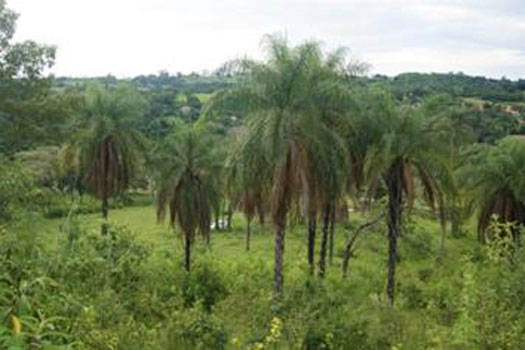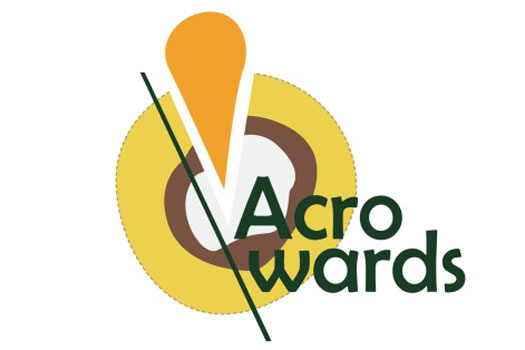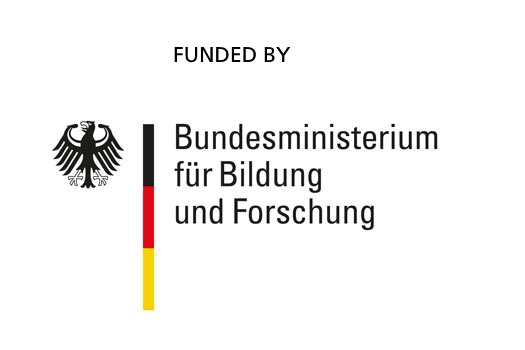Holistic utilization of macauba palm fruit



Macauba palms have enormous potential for Brazil because their fruit contain valuable ingredients for the production of foods, technical products, and energy. Knowledge about macauba palm cultivation is limited to just a few studies. These have concerned the genetic characterization and the selection of promising genotypes. Effective exploitation of the potential of macauba palm fruit requires, however, not only improved cultivation practices but also an efficient processing concept.
Up until now the oil from the mesocarp and the seed has been recovered by inefficient deoiling processes and the extraction residue has been used as cattle feed. No processes are currently available for recovering fibers and proteins. In order to compensate the high work-intensive harvesting costs, a holistic processing concept is urgently needed for the fruit.
The objective of the Acrowards project is to promote German-Brazilian cooperation and to develop a holistic utilization concept to exploit the potential of the fruit of the macauba palm.
Sustainable fractionation technology makes utilization of all the raw material fractions possible
Within the framework of the project the Fraunhofer IVV will develop sustainable fractionation technology that enables utilization of all the raw material fractions (namely oil, protein, fibers) of macauba palm fruit. The incorporation of the recovered fractions into foods and technical products is being conducted in collaboration with industry in order to develop novel products and guarantee profitable utilization of the macauba palm fruit fractions.
To achieve this, German and Brazilian companies along the entire production chain are involved in the project. In total 15 partners representing industry and research organizations in Brazil and Germany are participating in the project.
Project term: |
2016 to 2019 |
Project management |
Projektträger Jülich GmbH (PTJ) |
| Following project: | AcroAlliance: Development of Acronomia value chains from the seed to high-value products for a global bioeconomy based on the sustainable use of local biodiversity (2022-2025) |
 Fraunhofer Institute for Process Engineering and Packaging IVV
Fraunhofer Institute for Process Engineering and Packaging IVV